This product needs to be packed with ice bags and shipped through FedEx or UPS.
It will arrive within 7-10 days. The shipping fee is included in the product price.
Introduction
Proteinase K is a stable serine protease with broad substrate specificity. It degrades many proteins in the native state even in the presence of detergents. It is not activated by metalions, chelating agents (for example, EDTA), sulfhydryl reagents, or by tripsinor chymotrypsin inhibitors. It is stable over a wide pH range (4-12.5), with optimal activity at pH 6.5–9.5. Activity can be stimulated by addition of denaturing agents (SDS and Urea). Rapid denaturation of the enzyme occurs at temperature above 70°C. Autolysis of the enzyme occurs increasingly at alkaline pH. However, Proteinase K is not completely inactivated by autolysis. Some enzyme fragments continue to maintain their complete proteolytic activity, even after extensive autolysis.
Proteinase K is frequently used in molecular biology applications to digest unwanted proteins, such as nucleases in DNA or RNA preparations from microorganisms, cultured cells, and plants. The enzyme is typically used at 50–200 μg/ml in nucleic acid preparations at pH 7.5-8.0 and 37-55°C. Incubation times vary from 30 minutes to 18 hours.
Details
Specifications
| Features | Specifications |
| Molecular Weight | 29.3kDa |
| Isoelectric Point | 8.9 |
| Purity | 95% (SDS-PAGE analysis) |
| Specific activity | ≥600 Units/ml |
| Temperature characteristic | 70°C (maximum activity temperature) (effective activity temperature is 37-70°C) |
| PH characteristics | 4.0-12.0, the optimum range is ph7.5-11.5. Indigestive juice, 65 degrees |
| Preservation Conditions | It is recommended to store at low temperature to ensure the stability of activity to the greatest extent (normal temperature transportation or storage will not reduce enzyme activity). The shelf life at room temperature is up to 1year. |
| Usage method | Proteinase K was added to the digestive solutionor lysate until the final concentration was 50-200ug/ml and incubated at 55~70°C. Proteinase K after reaction can be removed or inactivated by magnetic bead method, over column method or phenol chloroform extraction. Protease K can be inactivated by incubation at 95°C for 3 minutes or 70°C for 15 minutes |
| Nucleic acid residue detection | Qubit quantification, ≤1ppm. No human source DNA contamination (not detected by real time PCR) |
| Nuclease detection | DNase not detected RNase not detected |
| Recommended application | Tissue and cell DNA extraction, Viral Nucleic acid Isolation |
Advantages
- Ready to use normal temperature liquid protease K
- Convenient to transport and store at room temperature
- High activity, 20 mg/ml, >600 mAu/ml
Ordering information
| Contents | C12103 | C12104 |
| Proteinase K Solution (20mg/ml) | 10 ml | 1000 ml |

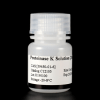
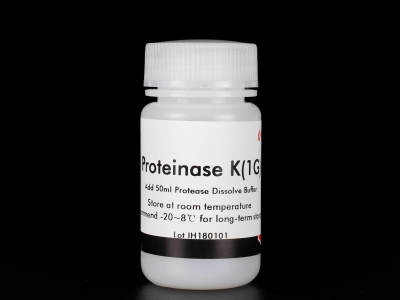
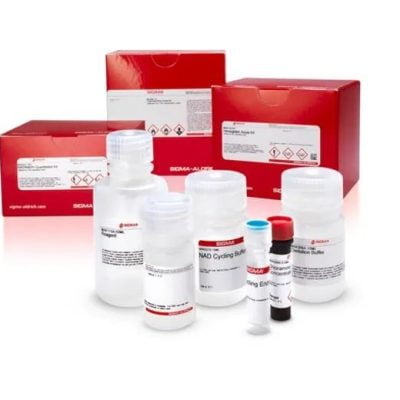
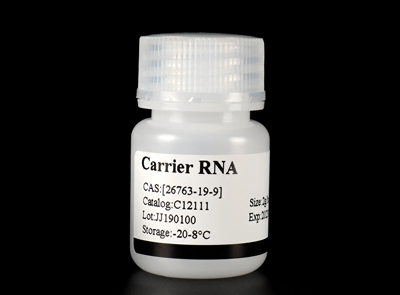
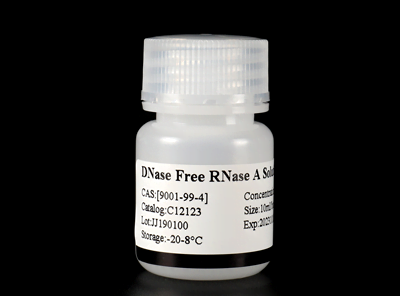
Reviews
There are no reviews yet.